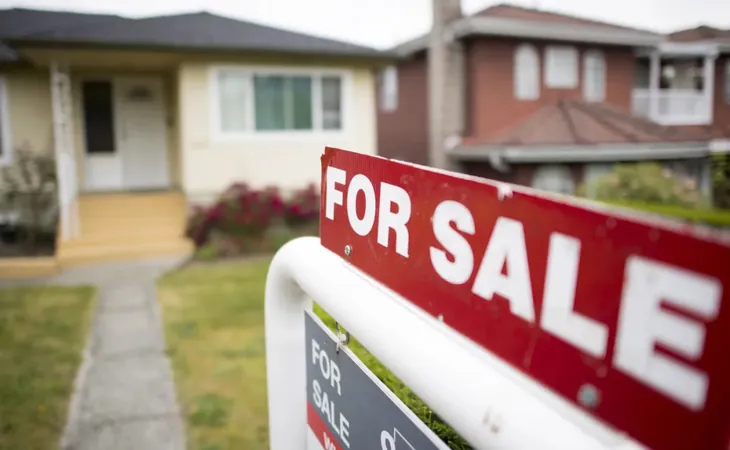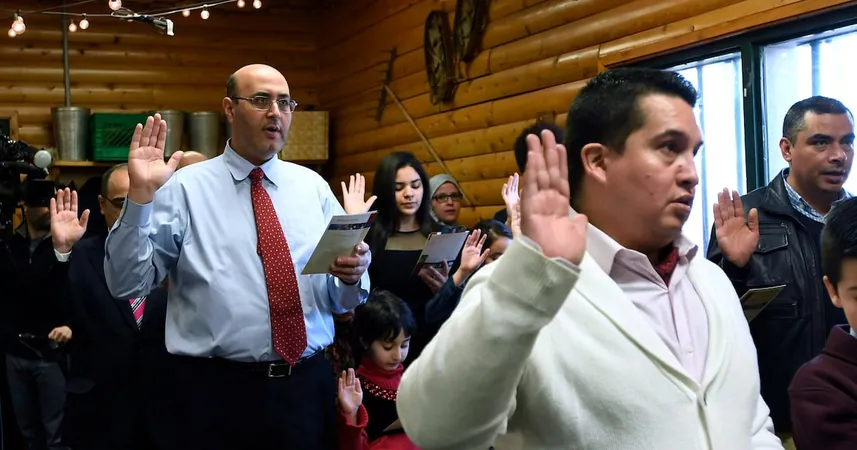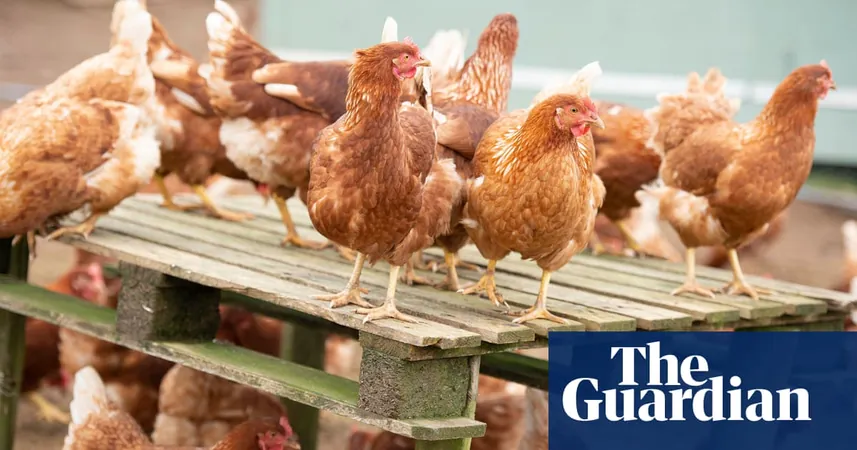
B.C. Kicks Off the New Year with a Controversial Home-Flipping Tax and Promises of Income Relief!
2024-12-31
Author: Emma
B.C. Kicks Off the New Year with a Controversial Home-Flipping Tax and Promises of Income Relief!
VICTORIA — As 2025 dawns, British Columbia is rolling out a significant new regulation: a steep 20% tax on home-flipping. This law, effective January 1, aims to deter investors from making quick profits in the housing market. Alongside this, Premier David Eby has announced forthcoming measures designed to alleviate financial burdens for middle-income families, promising a tax rebate in the months to come.
In an effort to directly address the concerns of residents, Eby emphasized the government's commitment to tackling issues that families often debate around their kitchen tables. “We understand the challenges you face. Our focus moving forward is centered around affordability and economic growth,” he stated.
In what appears to be a balancing act between generating revenue and providing relief, the Premier's administration is also poised to increase the carbon tax in April by 3.3 cents per litre. This dual approach has raised eyebrows, with critics questioning the sincerity of the government’s commitment to reducing cost-of-living pressures while simultaneously adding to the financial burden of families at the gas pump.
Opposition finance critic Peter Milobar expressed disappointment regarding the pace of these changes. “The immediate tax relief that was promised during the election is still pending. Will we see action by February? It’s uncertain,” he remarked. Milobar criticized the government for not reconvening the legislature sooner to expedite the promised relief.
The new home-flipping tax is aimed at combating housing market speculation, targeting investors who sell properties within two years of purchase, with exemptions allowed for circumstances such as divorce or job loss. The government estimates this tax will affect around 4,000 homes this year, funneling revenues into housing programs and initiatives aimed at increasing the stock of affordable homes.
In addition to the tax measures, the Ministry of Finance has announced that starting January 1, the allowable rent increase for landlords will now be capped at 3%, reduced from last year’s 3.5%.
As part of a broader effort to manage climate impacts, new regulations will also address methane emissions in the oil and gas sector, furthering environmental goals within the province.
Residents should expect additional financial support later in January, including quarterly payments from the climate action tax credit and a temporary 25% boost to income support aimed at helping those who have struggled with rising living costs.
As British Columbia embarks on this transformative year, the government faces significant scrutiny over its handling of affordability and economic stability. Will these measures meet the expectations set forth during the election, or will they fall short as families continue to navigate a challenging economic landscape?
Stay tuned as we follow the unfolding developments in B.C.’s economy throughout 2025!









 Brasil (PT)
Brasil (PT)
 Canada (EN)
Canada (EN)
 Chile (ES)
Chile (ES)
 Česko (CS)
Česko (CS)
 대한민국 (KO)
대한민국 (KO)
 España (ES)
España (ES)
 France (FR)
France (FR)
 Hong Kong (EN)
Hong Kong (EN)
 Italia (IT)
Italia (IT)
 日本 (JA)
日本 (JA)
 Magyarország (HU)
Magyarország (HU)
 Norge (NO)
Norge (NO)
 Polska (PL)
Polska (PL)
 Schweiz (DE)
Schweiz (DE)
 Singapore (EN)
Singapore (EN)
 Sverige (SV)
Sverige (SV)
 Suomi (FI)
Suomi (FI)
 Türkiye (TR)
Türkiye (TR)